Coffee is something many of us enjoy every single day, but have you ever stopped to think about where it comes from—and how it affects the wildlife that shares those landscapes? Coffee farming has a huge impact on tropical ecosystems, especially in regions where parrots live, such as Central and South America, Africa, and Southeast Asia.
When done unsustainably, coffee farming can destroy forests, displace wildlife, and contribute to declining parrot populations. But when done the right way, it can actually protect parrot habitats, preserve biodiversity, and support conservation efforts. So, how does coffee farming affect parrots, and what can we do to make a difference?
The Dark Side of Coffee Farming: Habitat Destruction
One of the biggest threats to wild parrots is deforestation—and coffee farming is a major driver of it. Many modern coffee farms operate on a full-sun model, where forests are completely cleared to maximize crop yields. While this approach increases short-term production, it comes at a massive cost:
🦜 Loss of Nesting Sites – Many parrot species rely on old-growth trees for nesting. When forests are cleared, parrots lose their safe places to breed and raise their young.
🌿 Disrupted Food Sources – Parrots depend on a variety of fruits, nuts, and seeds found in biodiverse forests. Large-scale coffee monocultures replace these natural food sources with just one crop—coffee—leaving parrots with little to eat.
🛑 Increased Human-Wildlife Conflict – As parrots struggle to find food in cleared landscapes, they often turn to farmland crops, leading to conflict with farmers who see them as pests. This can result in parrots being captured or killed to protect coffee yields.
🌎 Impact on Migratory Birds – It’s not just parrots that suffer—shade-grown forests are critical for migratory bird species. When these forests disappear, so do the birds that rely on them for shelter and food.
The Solution: Bird-Friendly & Shade-Grown Coffee
Not all coffee farming harms parrots. In fact, traditional shade-grown coffee farms are some of the best models of sustainable agriculture. These farms mimic natural forests, allowing coffee to grow beneath a canopy of native trees.
🌳 Protects Habitat – Shade-grown farms keep forests intact, preserving the trees that parrots and other wildlife rely on.
🐦 Supports Bird Diversity – A diverse canopy attracts more bird species, helping to sustain populations of both parrots and migratory birds.
🌎 Reduces Chemical Use – Many shade-grown farms follow organic farming practices, avoiding pesticides and harmful chemicals that can poison wildlife.
🌱 Improves Coffee Quality – Fun fact: coffee grown in shade matures more slowly, allowing the beans to develop more complex flavours. So, better farming also means better coffee.
The Role of Ethical Coffee Brands
At The Aviary, we know that great coffee shouldn’t come at the expense of nature. That’s why we:
✔️ Support sustainable, Bird-Friendly certified coffee farms that prioritize wildlife conservation.
✔️ Educate farmers on ethical and sustainable practices, helping them protect habitats while maintaining successful farms.
✔️ Pay a higher premium for our coffee, ensuring that farmers don’t need to resort to deforestation or harmful methods to make a living.
✔️ Donate a portion of every sale to parrot conservation, directly supporting efforts to protect wild parrots and their ecosystems.
How You Can Help
Every time you choose a sustainably sourced, Bird-Friendly coffee, you’re making a difference. Here’s how you can support parrot-friendly coffee farming:
- Look for Bird-Friendly or Rainforest Alliance certifications when buying coffee.
- Support brands that prioritize ethical sourcing and conservation.
- Spread awareness! The more people understand how coffee impacts wildlife, the more we can drive demand for sustainable options.
Coffee doesn’t have to come at the cost of nature. When done right, it can actually help protect the parrots and birds that call coffee-growing regions home.
Next time you enjoy your cup of coffee, think about the forests it came from—and how your choice can help keep them standing.
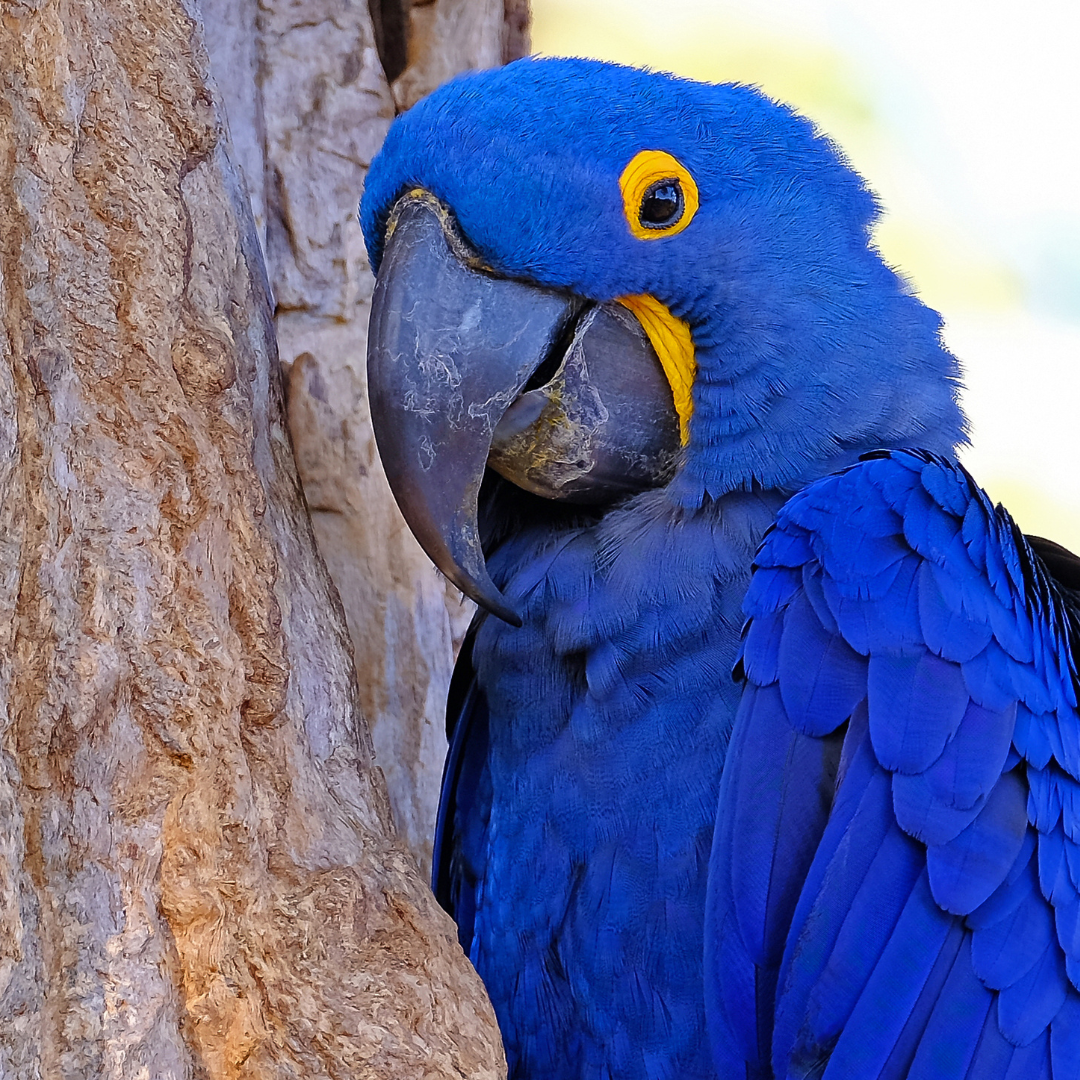
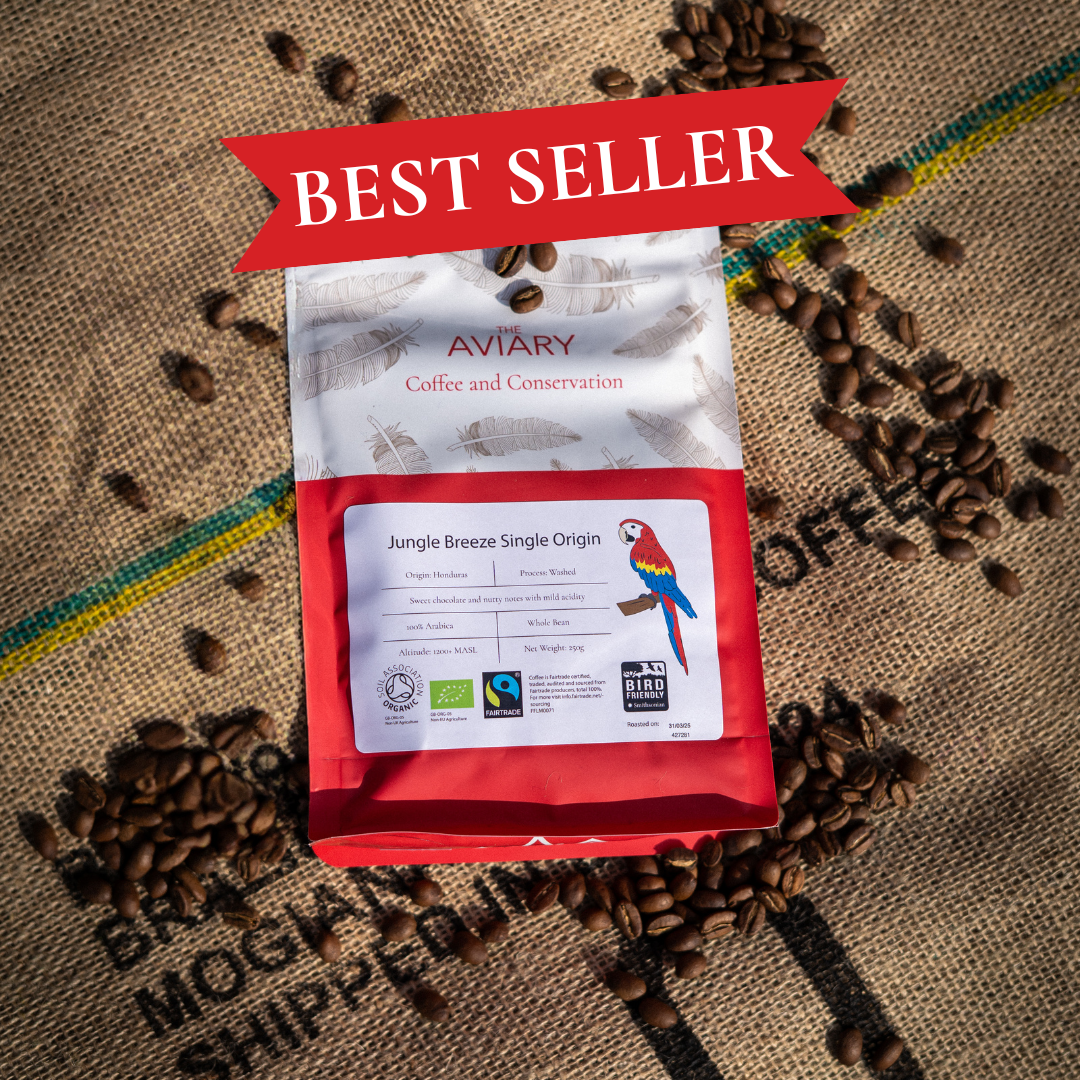
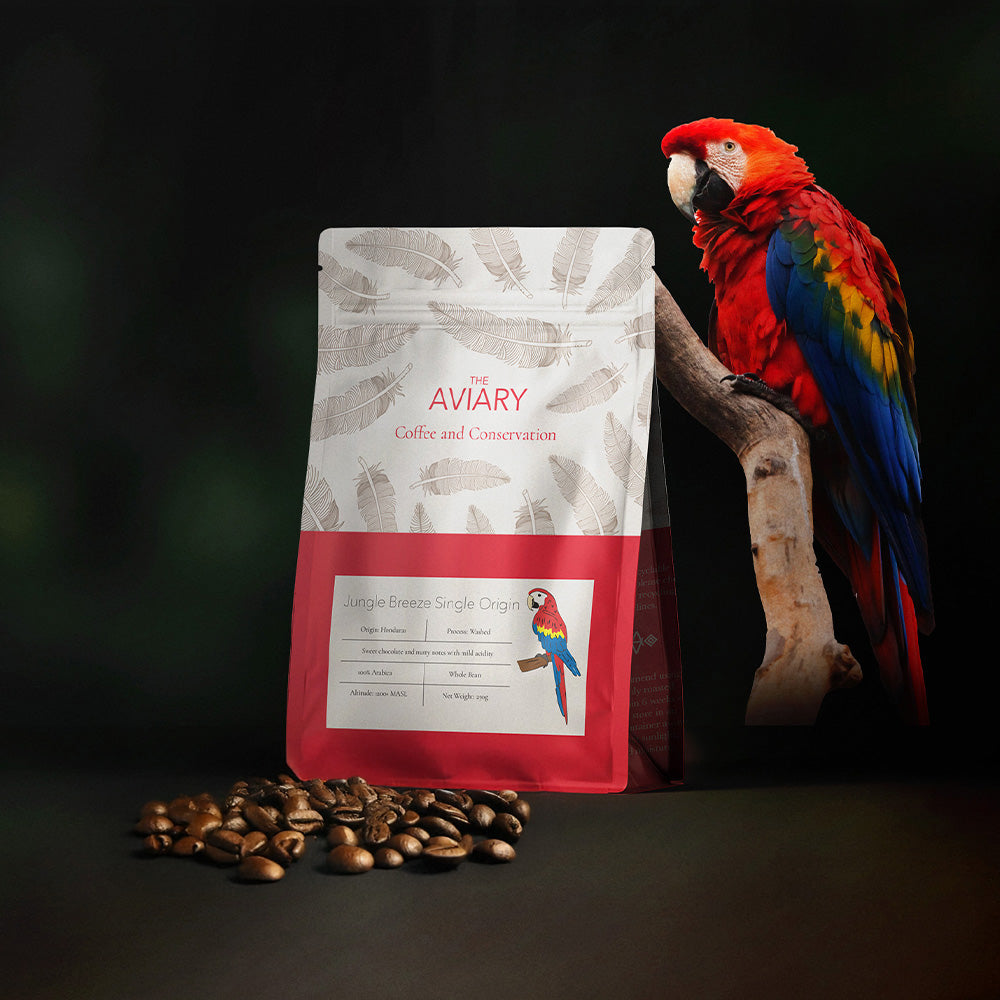

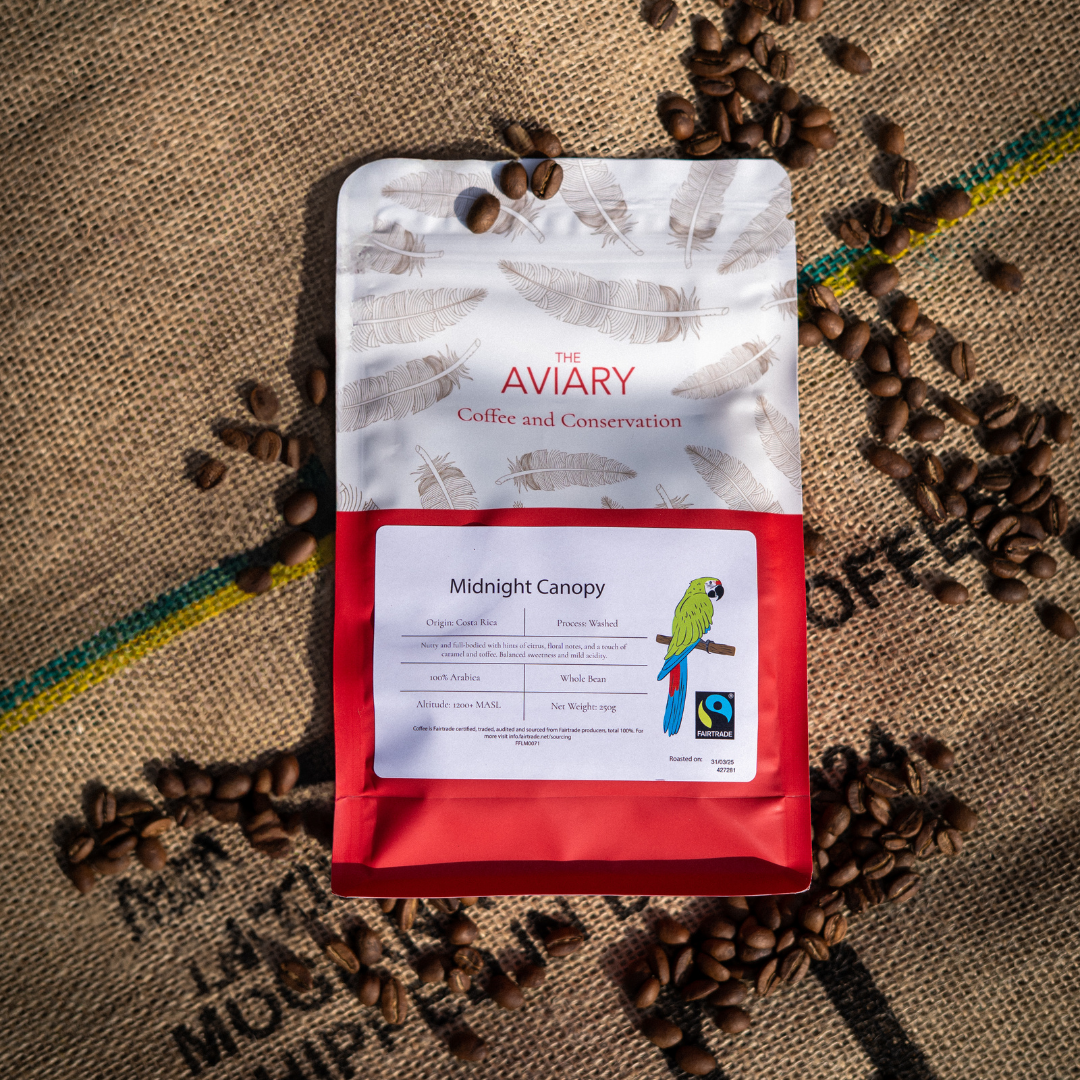
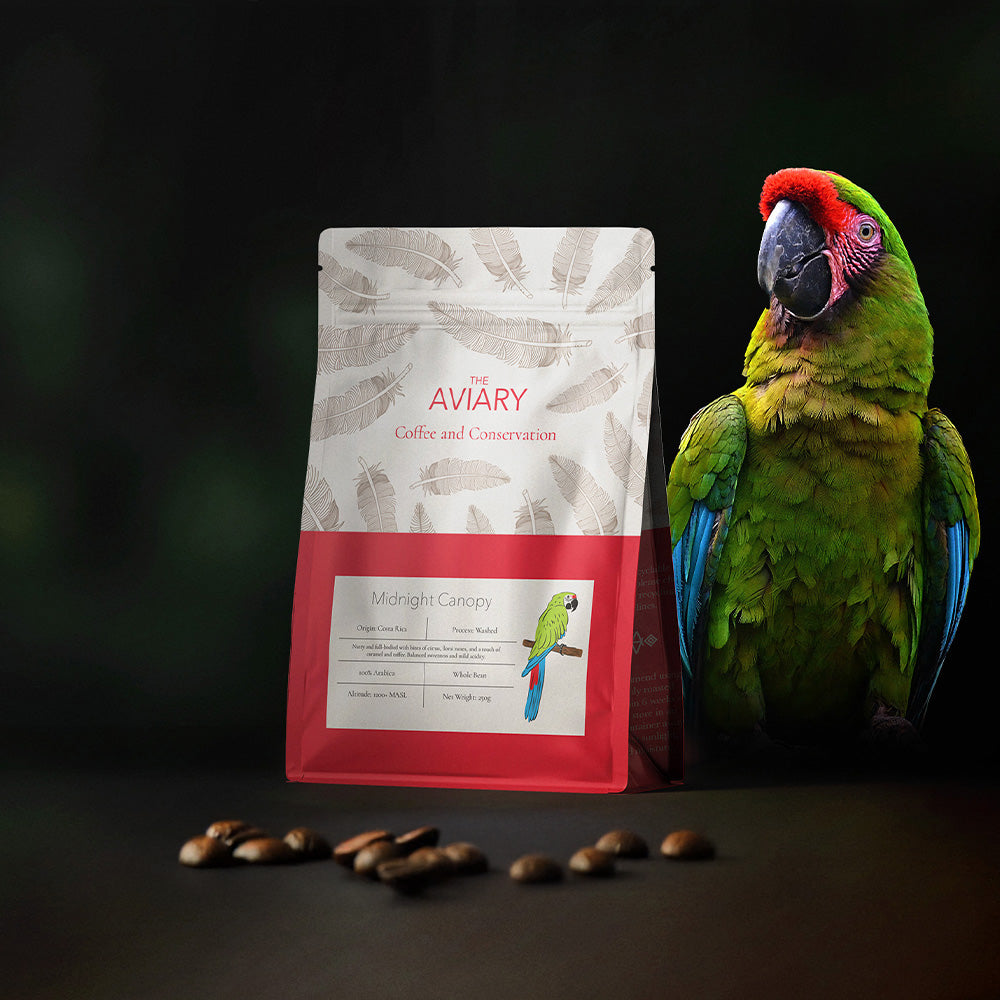
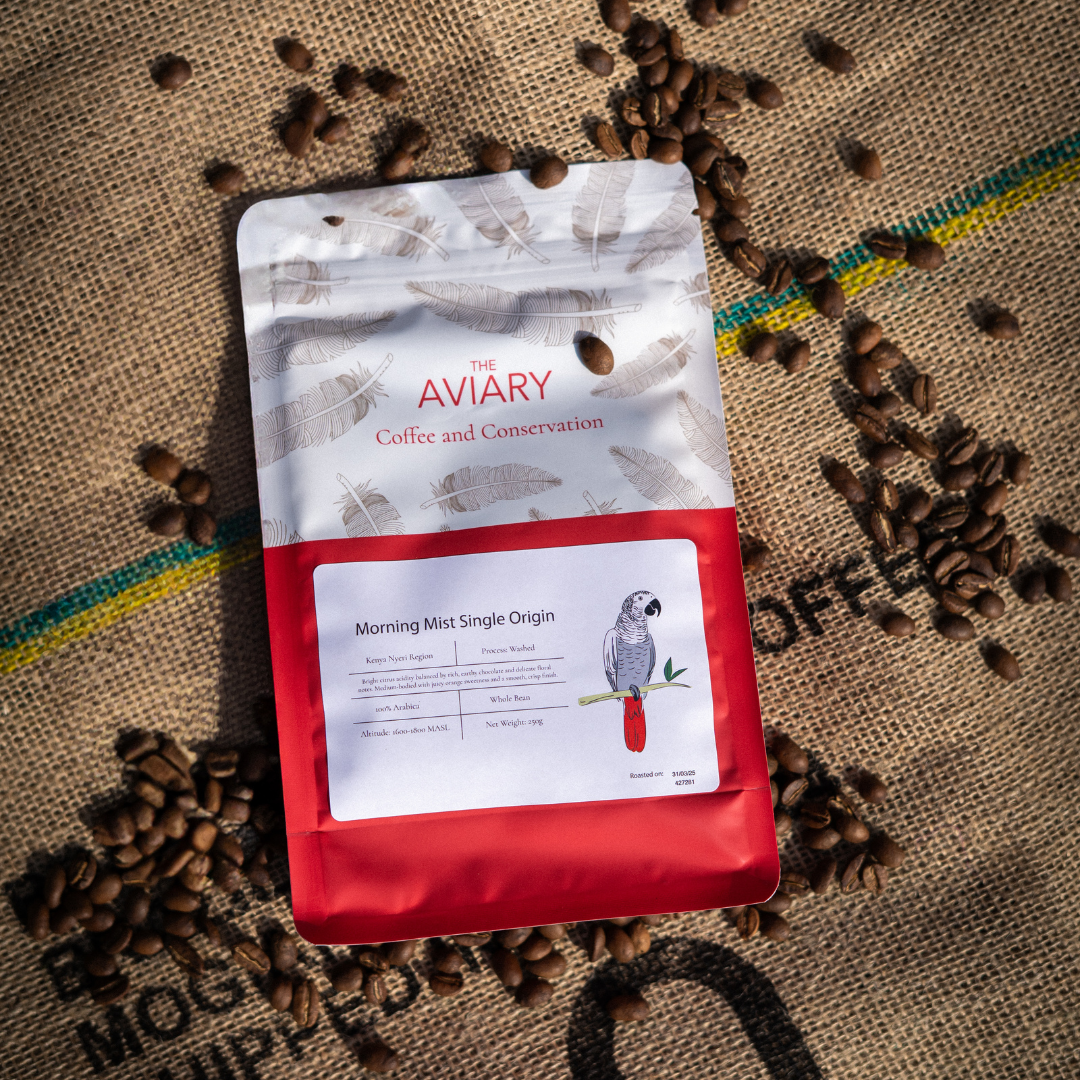
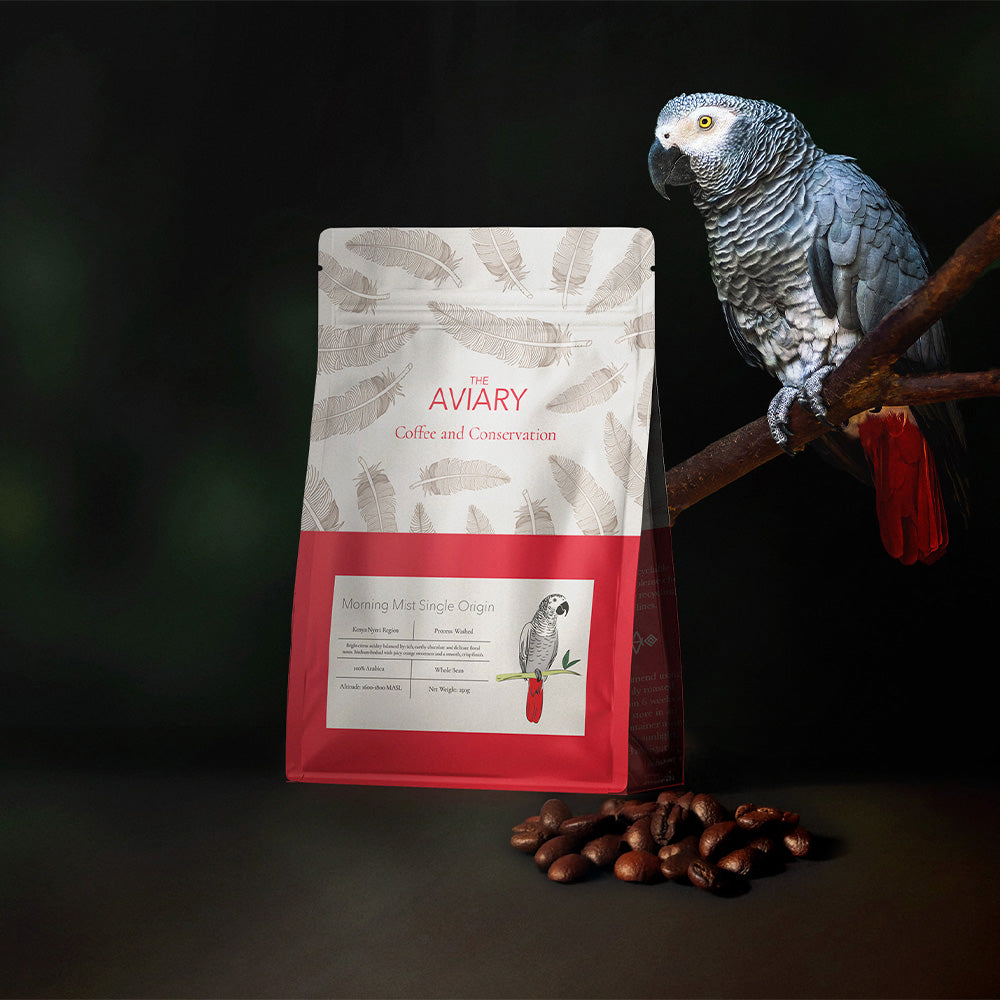

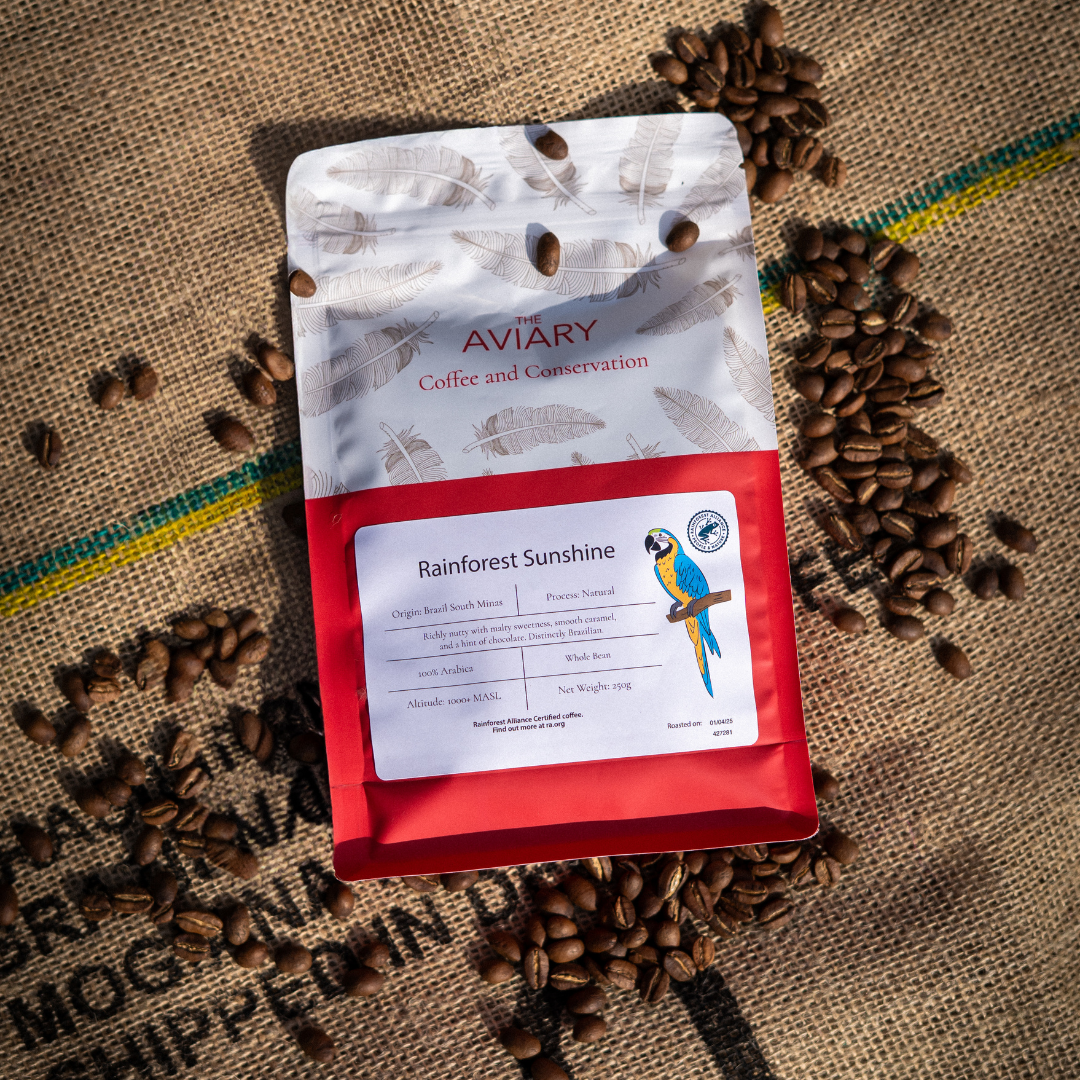
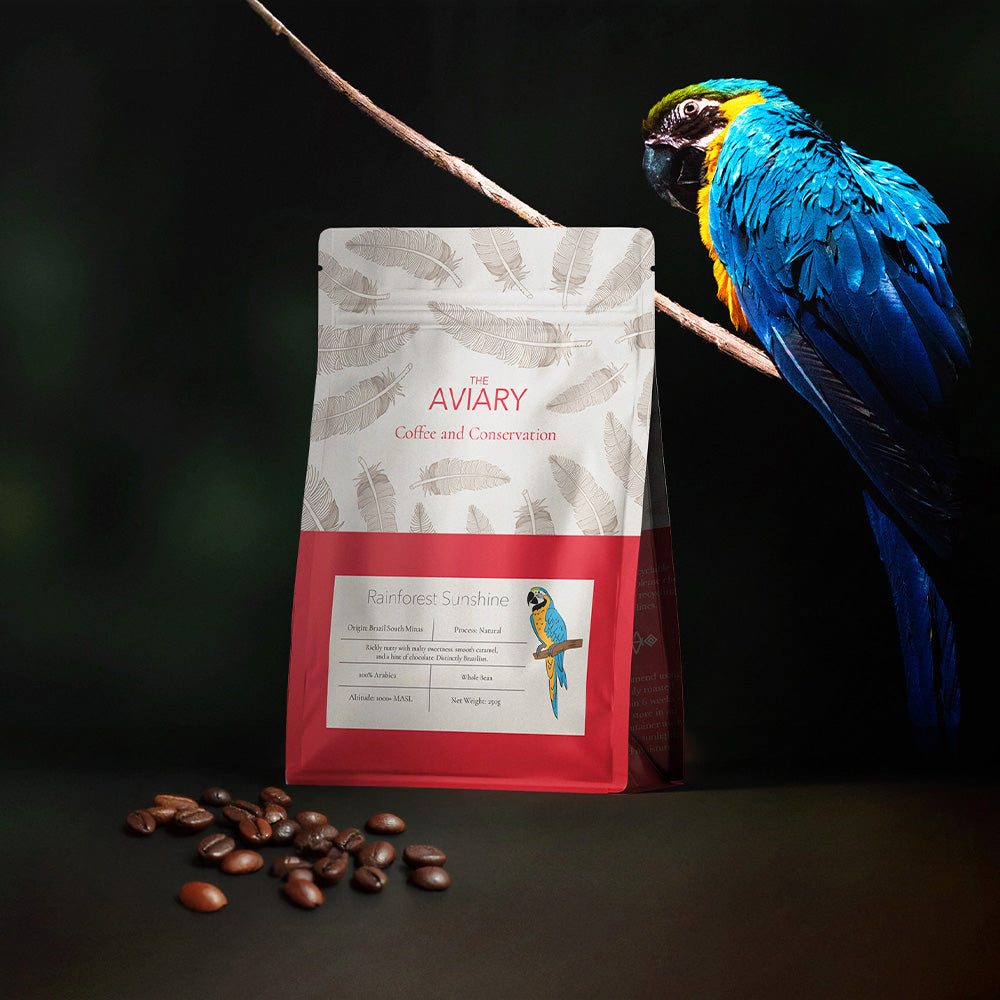

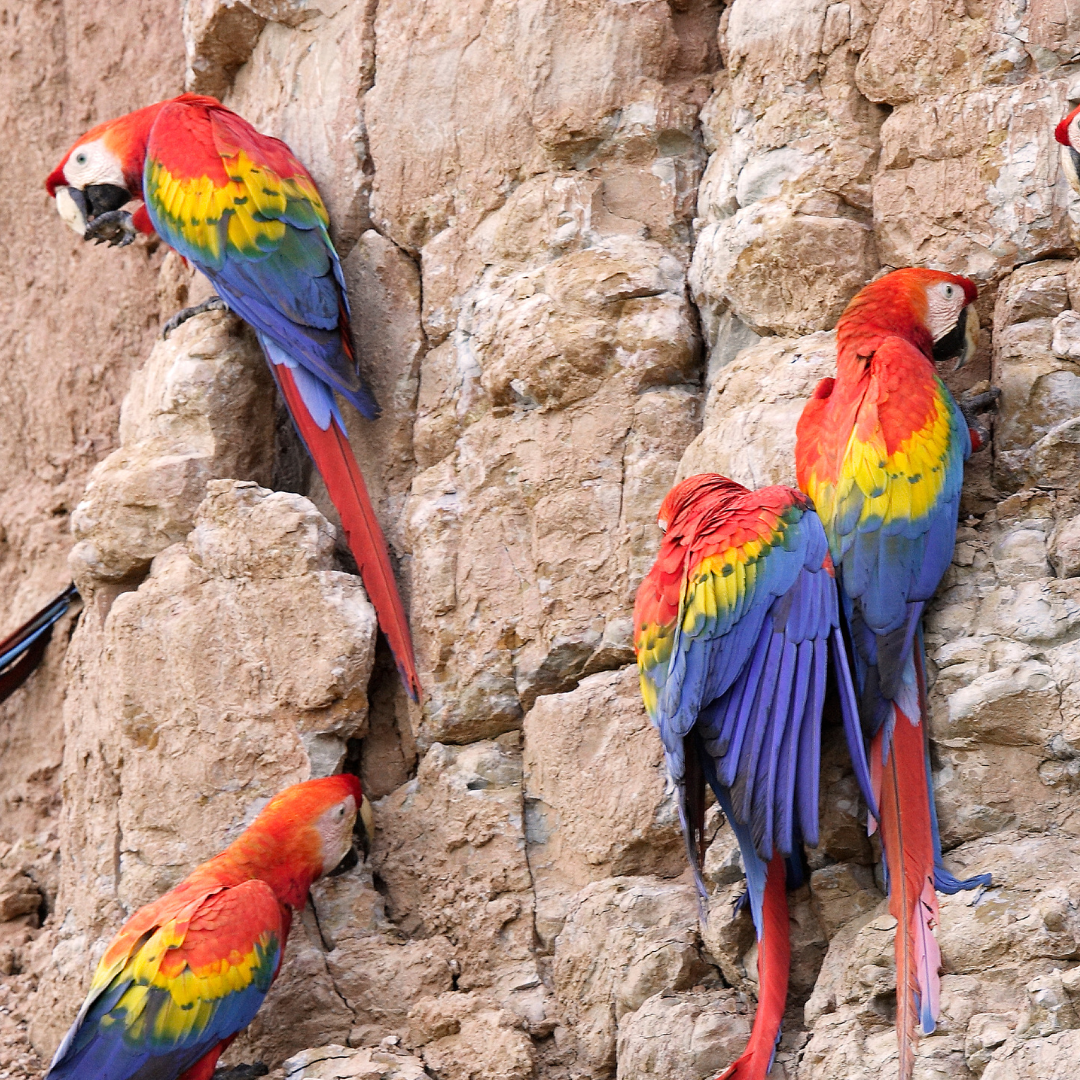
0 comments